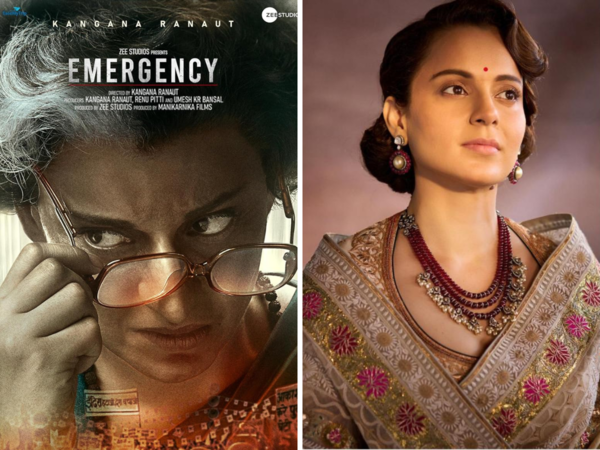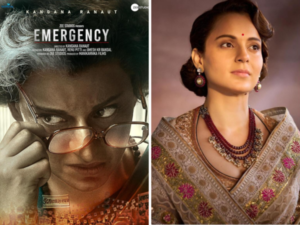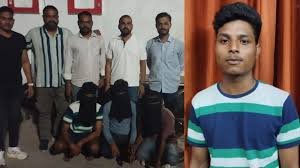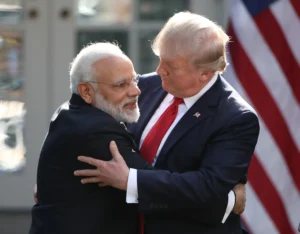
Kangana Ranaut’s “Emergency” Controversy: Did Celestial Bullets Kill Indira Gandhi?
Kangana Ranaut’s film “Emergency,” which delves into the life and political legacy of former Prime Minister Indira Gandhi, has ignited a fierce debate across India. Set against the backdrop of one of the most tumultuous periods in Indian history—the Emergency from 1975 to 1977—the film has faced significant backlash, particularly from Sikh organizations, leading to its release being postponed from September 6, 2024.
The Controversy Unfolds
The controversy erupted after the release of the film’s trailer, which depicted historical events surrounding Indira Gandhi’s assassination and the Khalistan movement. Sikh groups have accused the film of misrepresenting their community and distorting historical facts. The Shiromani Gurdwara Parbandhak Committee (SGPC) and other organizations have sent legal notices seeking a ban on the film, arguing that it portrays Sikhs in a negative light and promotes hatred.In response to the backlash, Ranaut posed a provocative question: “If a 60-year-old woman was shot with 35 bullets in her own home, where did that come from? Did celestial bullets kill Indira Gandhi?” This statement highlights her frustration with the accusations against her film and raises questions about the portrayal of historical events in cinema.
Freedom of Expression at Stake
The film’s predicament has sparked a broader discussion about artistic freedom and censorship in India. Notably, while Ranaut’s film is criticized for adhering closely to historical facts, Anubhav Sinha’s series “IC 814: The Kandahar Hijack” is facing backlash for its perceived inaccuracies without similar protests. This contradiction underscores the complex landscape of artistic expression in India, where filmmakers often navigate a minefield of political sensitivities.Lyricist Varun Grover commented on the irony of a film about the Emergency facing censorship, stating, “Censorship is never right—of individual expression or any work of art.” He emphasized the importance of allowing filmmakers to explore sensitive topics without fear of reprisal.
The Sikh Community’s Concerns
The objections raised by Sikh organizations primarily focus on the film’s portrayal of events related to Indira Gandhi’s assassination and the subsequent violence against the Sikh community. The trailer allegedly depicts Sikh militant Jarnail Singh Bhindranwale in a manner that many find offensive, leading to calls for a complete ban on the film. The SGPC has expressed that the film’s content could exacerbate communal tensions in an already sensitive environment.
Kangana’s Determination
Despite the mounting pressure, Ranaut remains resolute in her commitment to the film. She has stated that the Central Board of Film Certification (CBFC) has put the film’s clearance on hold due to the protests and threats received by board members. “I can’t show all of a sudden that Indira Gandhi died on her own at her home,” she remarked, emphasizing the need for historical accuracy in her portrayal.
Conclusion
As the release of “Emergency” hangs in the balance, the controversy surrounding it raises critical questions about the intersection of history, art, and politics in India. Kangana Ranaut’s provocative statements and the backlash from Sikh organizations highlight the challenges filmmakers face in navigating sensitive historical narratives. The outcome of this debate will not only impact the film’s release but also set a precedent for how artistic expression is treated in the context of India’s complex socio-political landscape.
Discover more from
Subscribe to get the latest posts sent to your email.








